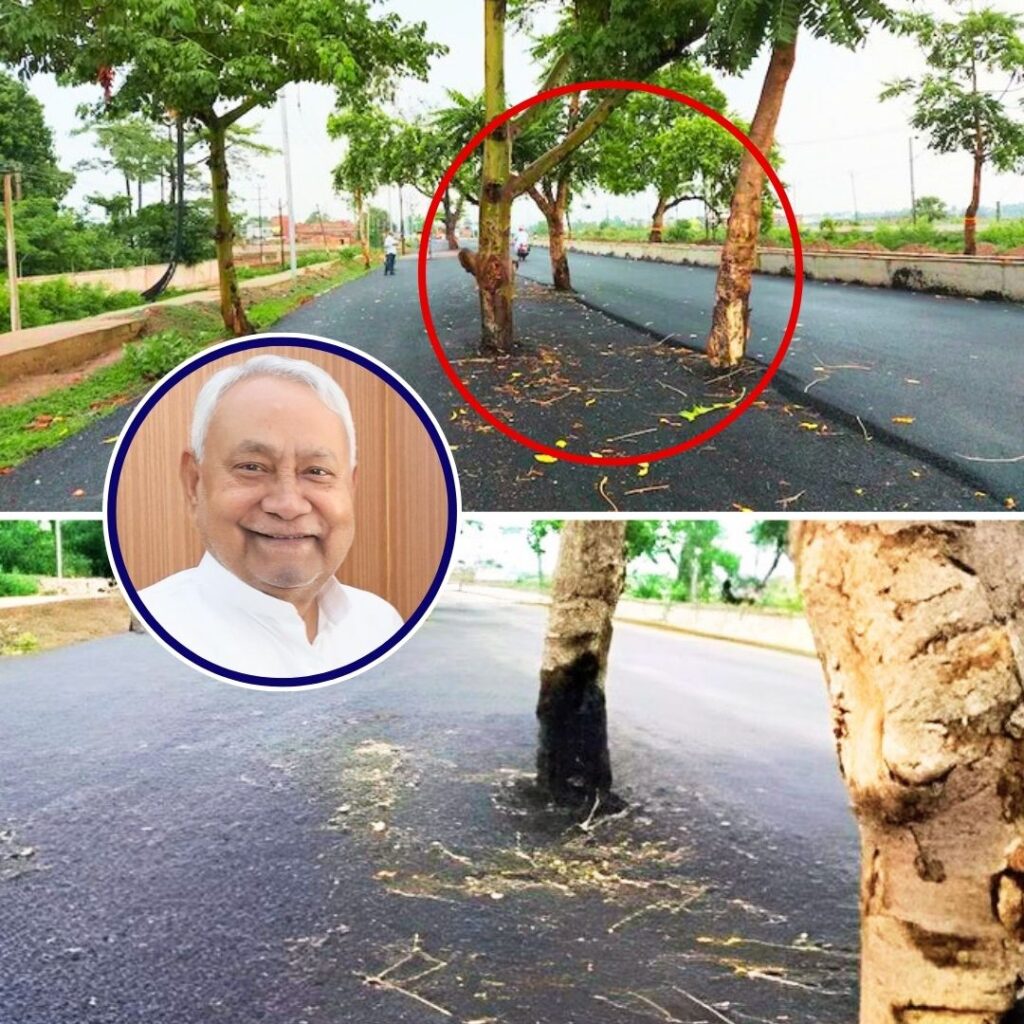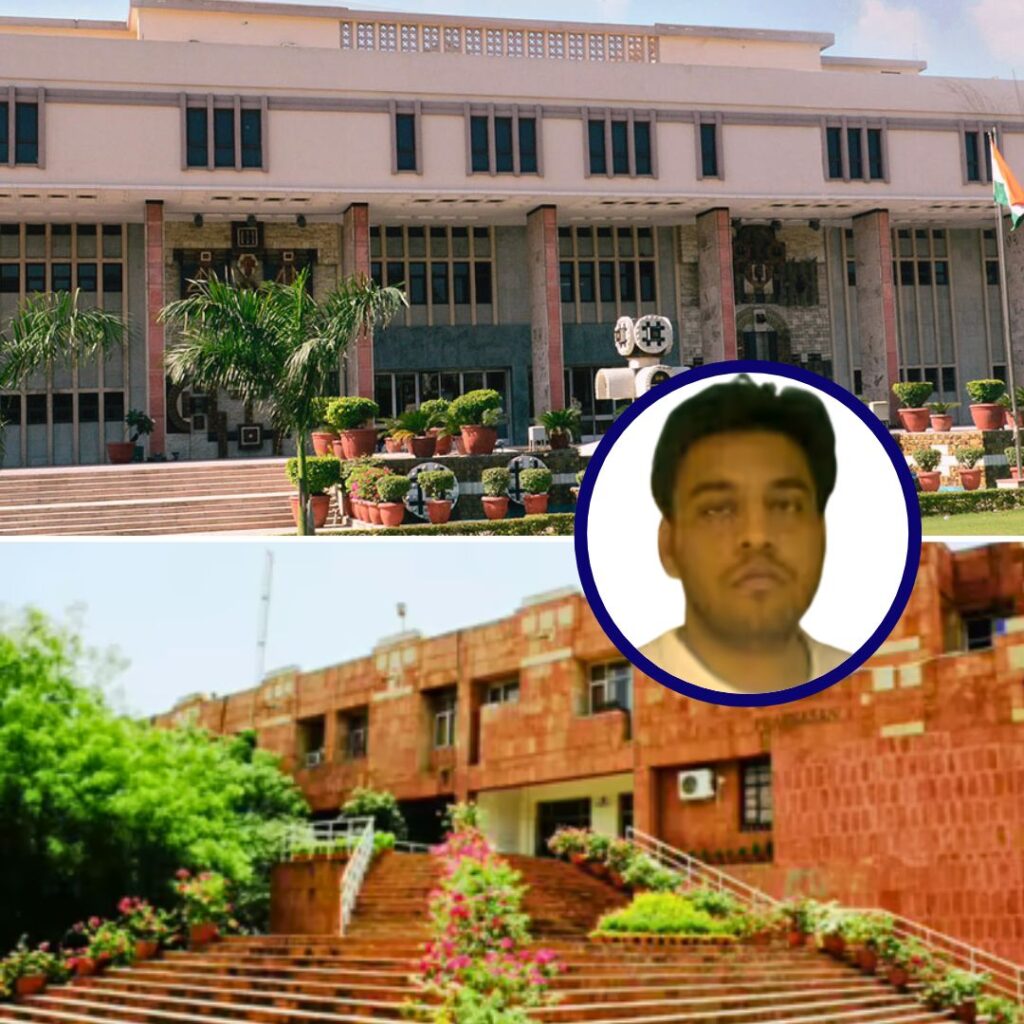A day before Chief Minister Yogi Adityanath’s visit to Manipur Deenapatti village in Kushinagar district on 25th May, the 100-odd Musahar Dalit families of the village were given two bars of soap, ‘Lifebuoy’ and ‘Ghari’, a sachet of shampoo, and instructions to “clean themselves” before attending the public meeting.
The CM’s visit was a part of an encephalitis vaccination campaign.
“I got the soaps from the Anganwadi women. I didn’t get the shampoo, but others did. I was told to take a bath with the soap before going for the meeting. We already use soap which we buy from the local shop. What’s going to change with just two bars of soap,” said Keshri, a villager in her sixties, reported The Indian Express.
The primary residents of Uttar Pradesh’s Manipur Deenapatti village, Musahar Dalit families are discriminated against for being ‘untouchables’. But the otherwise neglected village, mainly consisting of thatched huts, saw a lot of activity prior to the CM’s visit.
Villagers informed that the cleanliness drive wasn’t limited to the residents as the state government constructed new pavements made of cement and bricks, repaired handpumps, dug a dozen pits for construction of toilets and put Swachh Bharat Mission posters across the village.
“The two bars of soap are not going to last forever,” said Keshri Devi who lives in a thatched hut with her husband and five children.
However, the state government authorities have dismissed the controversy that the initiative was to ‘clean’ Dalits. They claimed that the program was undertaken to promote cleanliness in the village.
The incident was met with a hoard of criticism with the Congress demanding that CM Adityanath apologises and a case be registered against him under the SC/ST (Prevention of Atrocities) Act.
“A low level of untouchability was directly practised,” said Congress spokesperson Abhishek Manu Singhvi at a press briefing, referring to media reports about the incident.
Former Bihar Chief Minister also condemned the practise and tweeted, “Such a situation erupts when a ‘yogi’ is the CM. Next time when you visit the poor, understand the hardships behind their sweet smell of labour that has the power to cool the heat of the sun’s rays.”
ये हालात जब है तब योगी लोग सीएम है।ग़रीबों के पास जाओ तो उनके पसीने की ख़ुशबू को जानने का प्रयास करना जो सूर्य की तपिश को भी ठंडा कर देता है https://t.co/PSsj2EfIqn
— Lalu Prasad Yadav (@laluprasadrjd) May 28, 2017
Meanwhile, many villagers were not upset with the incident and said that the Yogi government has assured that the state of the village will improve. “This is the first time that there is focus on our locality. We have been given new ration cards to help us get wheat and rice,” a farm labourer told The Indian Express.
The ‘cleanliness’ drive comes days after a BSF soldier’s house was given a temporary makeover to make the visit of CM Adityanath more comfortable. The Deoria district administration had installed a window air conditioner, put up a sofa and carpet at the house, but removed all of that in 30 minutes time after the CM left.
The Logical Indian Take
We are living at a time when education is greater and opportunities are higher – a time which should be rid of discrimination on the basis of caste, creed or colour.
But where do we exactly stand when our elected representatives set examples of inequality in the community?
It was apparent from the testimonies of the residents of Manipur Deenapatti that civic amenities in their village were poor and needed immediate overhaul.
As told by the villagers, the UP state government repaired handpumps, cleaned dusty roads, installed street lights and constructed toilets in the village prior to the CM’s visit – a move that is appreciable.
But, at the same time, the distribution of soap bars and shampoo sachets to Dalits so that they ‘clean themselves’ spreads the notion of utmost discrimination and hate against the community.
Uttar Pradesh is in the midst of massive communal violence in Saharanpur where people from both sides, Thakurs and Dalits, have been badly wounded and continue to face harm. In such a time, it was essential that the CM spreads a message of harmony and not propagates casteism.
Caste system is still prevalent in our country, especially in states like Uttar Pradesh where communal animosity is large. Even in the 21st century, Dalits are considered ‘untouchables’ in many areas and the attempt to ‘clean’ them only spreads the message that the state government, meant to safeguard all communities, actually supports this notion. Any form of discrimination, whether by individuals or politicians, should be condemned as such bias tightens the hate in our minds.











